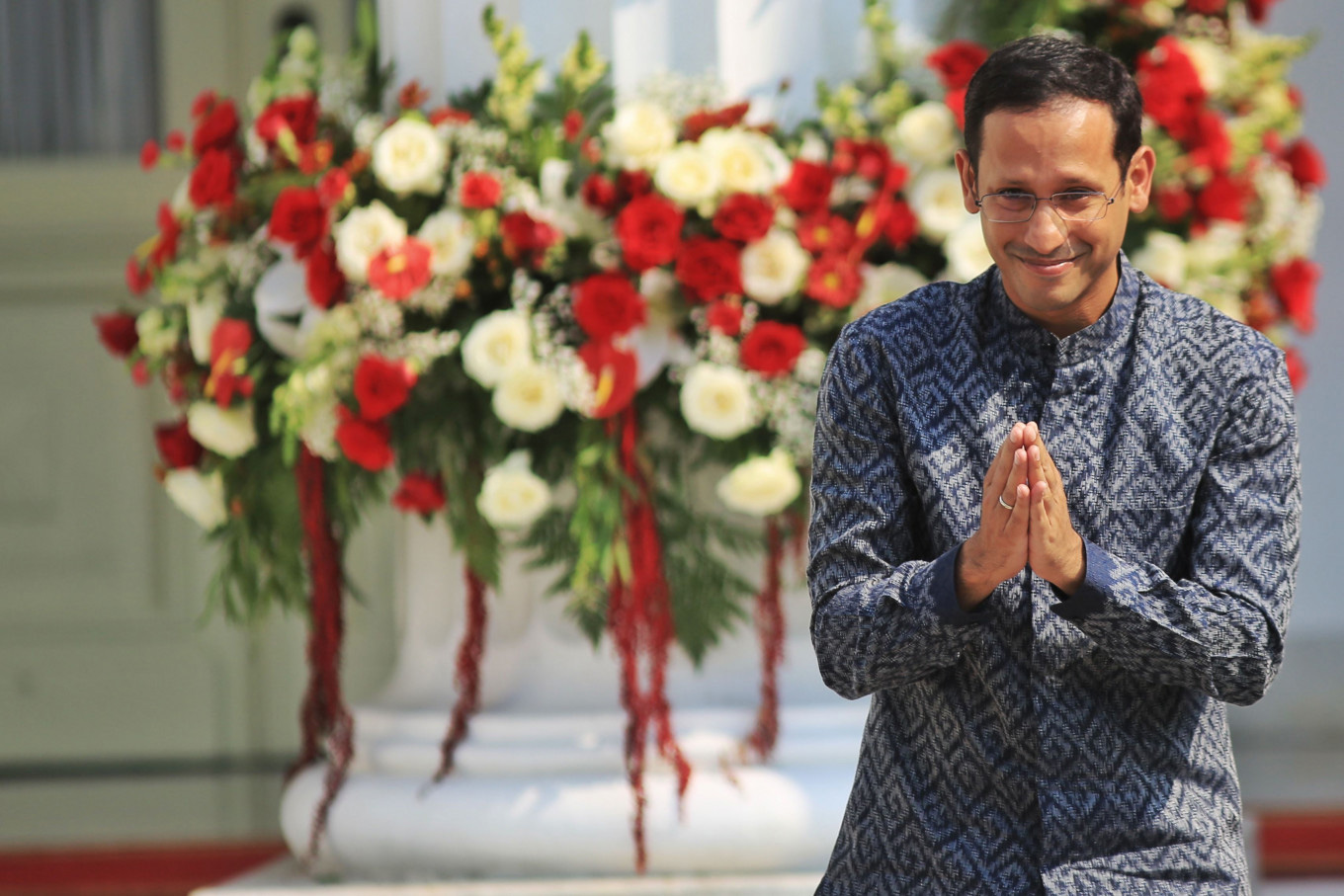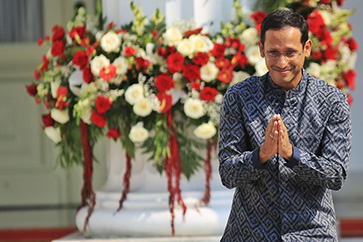Popular Reads
Top Results
Can't find what you're looking for?
View all search resultsPopular Reads
Top Results
Can't find what you're looking for?
View all search resultsEquality needs good teachers, not just apps
Not all teachers can afford smartphones. The digital literacy gap between urban and rural and between senior and junior teachers is often significant.
Change text size
Gift Premium Articles
to Anyone
D
igital platforms are seen as promising educational tools to reach students in distant places. The discourse on the Fourth Industrial Revolution and innovations in the digital-learning industry give new power to knowledge based on information and communication technology (ICT).
The Education and Culture Ministry has expanded its online training program. SimpaTIK and Rumah Belajar are examples of this innovation. The recent appointment of former Gojek CEO Nadiem Makarim as minister signals the new tech-based direction of Indonesia’s education.
Not all ICT innovations have ended well. Some may remember the story of the “one laptop, one child” program promoted in the late 1990s. In Brazil, most of the classrooms did not consider laptops as useful as direct interaction with competent teachers. Digital platforms have so far failed to significantly improve teacher attendance and student outcomes in Haiti, reports say.
We must be more aware of social justice as the use of digital technology rises in education. Social justice here loosely refers to the need for a more equal distribution of wealth, welfare and participation in society — particularly amid the growing discrepancy between rich and poor, which affects the quality of education.
The basis for my argument is my research experience working with early-childhood educators and managers in a small town in eastern Indonesia. I began my field research in 2014. To my surprise, teachers and managers relied heavily on the internet for information, learning and communicating with the government.
Through the internet, teachers learned about the importance of early childhood education (ECE) and gained access to teaching resources such as children’s songs and poems as well as relevant regulations. YouTube was their primary source of teaching tools, including the latest dances for children. The platform also provided teachers with learning plans they could use with minimal modification.
The internet fostered their identity as early-childhood teachers. Despite only partial training and unclear recognition of their status as educators, they believed they were teachers because they could speak and behave like teachers.


















